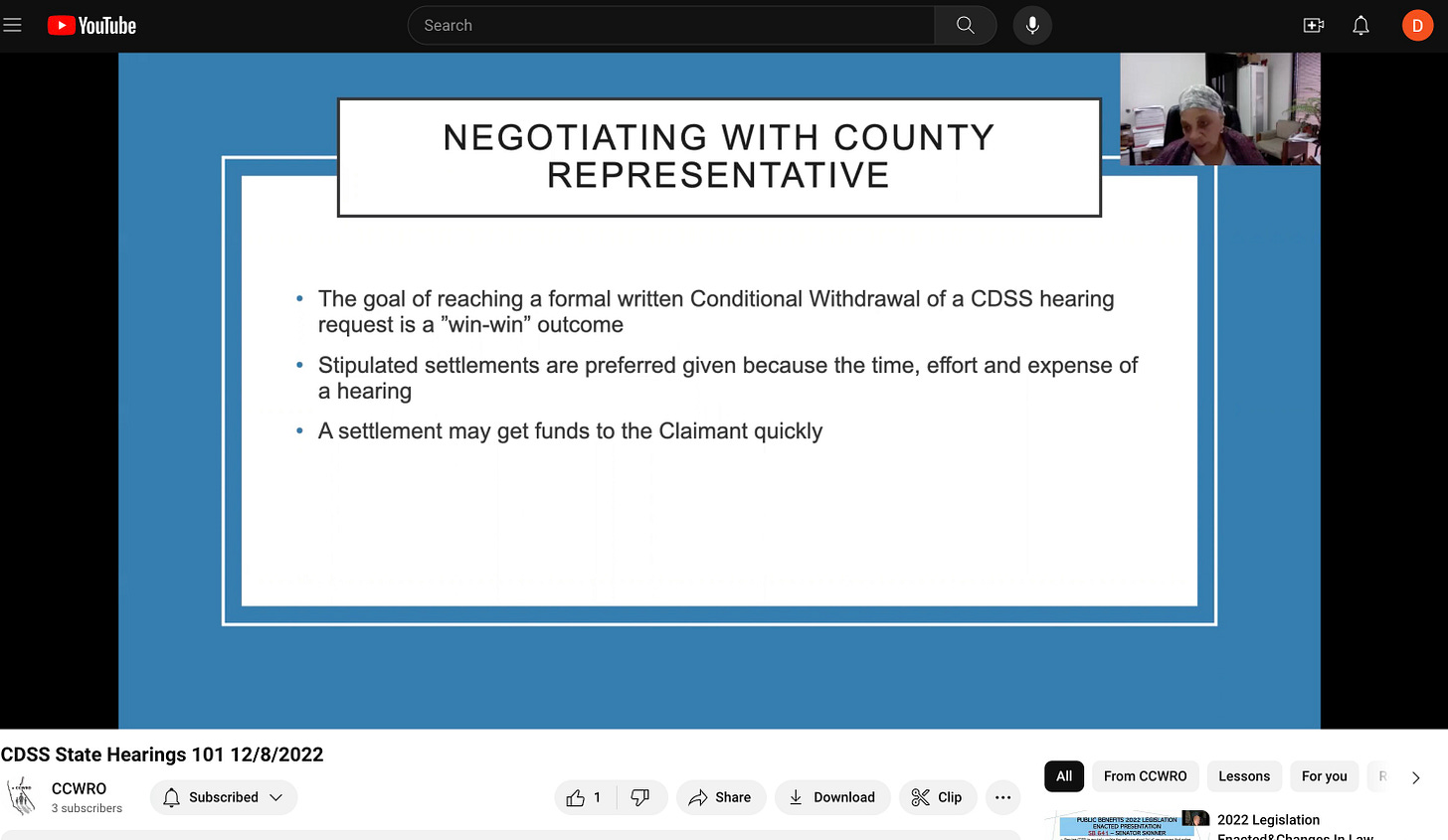Friday misc: EBT theft indictments; a diatribe on power
Also: an FTC complaint against Deloitte over Medicaid disenrollments
Reading a federal indictment for EBT theft
EBT theft through methods like skimming, card cloning, phishing increased significantly over the past few years.
(Brief commentary: I wish people understood that fraud like this is less about feasibility than it is about payoff. Lots of fraud is possible, but my own best guess as to why this has taken off is that benefit amounts and sheer card volume [P-EBT] went up paired with criminals figuring out how to liquidate funds either by ATM [cash] or purchase of qualifying foods that can be resold [food.] I find it frustrating that government tends to think about fraud primarily from a feasibility perspective, rather than being proactive when the value of a given fraud target to criminals suddenly goes up. See also: UI during the pandemic.)
There have been many news articles, and one recently caught my eye, specifically describing a federal indictment of a member of Romanian organized crime (???) which piqued my interest.
Thus began a fun spelunk where I realized most court documents are available online via a system called PACER for a minor fee. So I figured, let’s find out what happened!
(Quick plug: if you use PACER, the Free Law Project has a free browser extension tool called RECAP which allows you to share any documents you pay for with all other users, and enjoy for free any documents other users have shared. I love this sort of tech so much more than “portals”!)
In a 47-page “Government Trial Memorandum” document, you can learn a lot about how at least this one EBT theft is purported to have operated. The defendant was apprehended at an ATM in Placentia, CA. There is a lot of interesting detail!
For example, from evidence on the defendant’s phones:
And mechanics on how skimming and cloning actually work:
It’s interesting!
It makes me want to read more court documents in general. There’s probably a whole PACER-is-to-Dave-what-SEC-complaints-are-to-Matt-Levine angle here, but all my writing to this point is decidedly for fun rather than anything close to profit.
An FTC complaint against Deloitte for its technology causing Texas Medicaid disenrollments
Keeping with the trend of reading legal documents as a random guy named Dave1, I noticed that a number of advocacy groups have filed an FTC complaint against the Texas Medicaid eligibility IT vendor Deloitte.
From their press release:
Deloitte provides Medicaid eligibility software to at least 20 states, including Texas. For at least the last 10 years, Deloitte systems across the country have had similar errors with the same dangerous result for people who depend on Medicaid: lost coverage. Litigation in Tennessee revealed that, in 2019, a programming error in the Deloitte-built system was causing newborn babies to lose Medicaid coverage because the software was not linking them to their mothers. The same problem is now happening in Texas, causing infants to go without essential health care.
Okay, I’ll admit that if you’re a technology vendor interested in optics, you might want to consider putting extra QA effort on the infant health care eligibility portions of your system. It’s not the best bug to come out.
I’m also interested in what they ask (ed. note: does the FTC have this authority? If so, neat!):
Our complaint today calls on the FTC to investigate Deloitte’s business practices, pause the use of TIERS, make public the details about how TIERS is programmed, and require Deloitte to create a comprehensive risk mitigation strategy to protect people in Texas from losing health care coverage.
Lots to unpack here, but in the very least interestingness is not a missing attribute here.
I’ll confess that I find anti-big vendor moralism to be a bit of a red herring. (And I’ve seen plenty of years of whinging in certain corners that was not accompanied by credible systemic interventions.)
Vendors operate within a broader system, and in this case it is decidedly a market. That market exhibits a number of fairly well-trodden market failures. But you can’t blame an actor for responding to its system.2 You must instead reshape the system in which it operates. (By the by, the very dumb and true reasoning here is that absent such a thing the system will simply reshape any new actors into the old mold.)
But there’s also a more interesting angle here — accountability is flowing to the vendor, not the state! That’s rare and that’s fascinating!
I need to read the complaint in full (on hold until the newborn stops eating once every 2.5 hours), but you would imagine there would have to be some contractual basis in the procurement documents between the state and Deloitte on this. Or I suppose another broader legal basis that applies more generally to such contracts.
I have written before about the need I see for better accountability regimes for technology in government. I have sympathy for lots of actors here. I’ve seen it firsthand and I truly believe it to be a systems problem: we need multiple things to change in sync to meaningfully break out of this equilibrium.
Related: There is no book I look forward to more this year than Dan Davies’ (highly recommended newsletter link here) The Unaccountability Machine. (Here is recent FT coverage of the book.)
But why am I talking about accountability? Well, because I truly believe that one of the biggest issues government technology faces is diffused accountability. More on that on a day not beginning with “Fri.”
A brief meditation on definitions of power
There has been a trend in civic tech (or, public interest tech; or, whatever) to move in the direction of thinking more directly about levers of power. This is a completely reasonable, even well-anticipated, shift for a loose umbrella of work that starts with a non-partisan angle.
I have my own nuanced, partial views on “power.” But I do see in general a major departure with others in my own working definition of it.
To me, power is defined somewhat simply — it is the answer to the question:
Who makes what decisions how?
I find this a more practical and useful definition than most. And each component gestures towards different ways of effecting a shift in the power guiding systems. You can change the person making a decision; you can change what decisions are being made; you can change the ways in which they are made.
This diverges from many others’ definitions, but most certainly a discourse that treats power as primarily about electoral politics.
It creates much more space for more subtle interventions that are still fundamentally power-shifting.
For example, I think technocratic approaches are misunderstood often as not being about power, when in fact they are direct levers on the how behind many decisions. My go-to example here is the institutional innovation that the CBO (Congressional Budget Office) represents: it took the decision of how much will this proposal cost away from actors with an incentive to distort information in the system, and allocated it in a binding way to new actors with much more public-aligned structural incentives.
Similarly this softer view of power opens up space for banal realities: a common one in technology governance, for example, is that being the default trusted party to answer questions of how to do X, technically, is an outsized power lever, not least because it is relatively under-competed for.
(The more interesting question for those working in these tech areas: who makes which decisions how right now in such contexts as a large government IT project?)
Finally I can’t write about power without noting that perhaps the best way to cure misunderstandings about its real use is reading the work of Robert Caro. (And, hey, wouldn’t you know it, he has a short book called On Power!)
Lastly, some screenshots I’ve saved, shared without context
Albeit a random guy named Dave who was also the youngest prosecutor in Carlmont High School Mock Trial history.
Or rather, you most certainly can, but I think you’ll be spending precious time on negative emotionality that you could be spending on activities that may in fact change things.














I used a credit union ATM to get some cash, and the time on the receipt that it printed out for me was off by 20 minutes. The employee who I told of this was unconcerned.